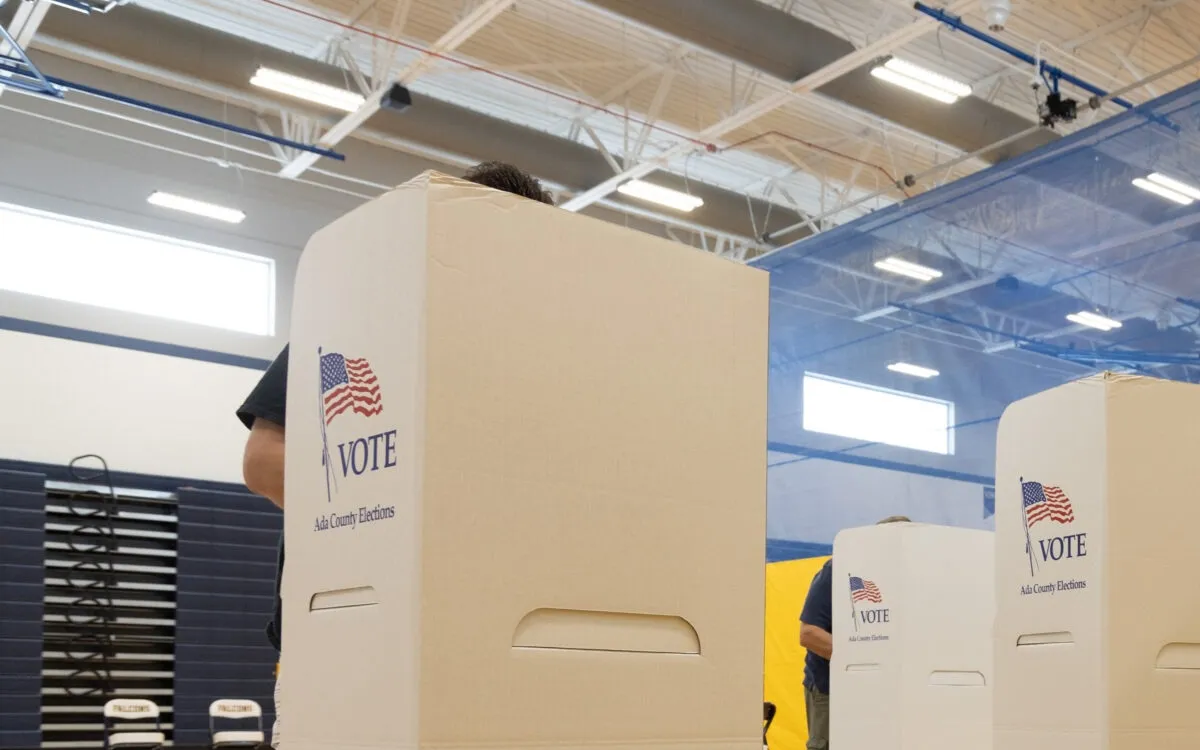
In a significant legislative move, the U.S. House of Representatives has passed a bill that specifically targets voting by noncitizens. This bill has garnered attention due to its implications, especially since voting by noncitizens is already prohibited under current law. The legislation is part of a broader Republican initiative aimed at tightening voting regulations across the nation.
The newly passed bill mandates that individuals provide proof of citizenship before they can participate in federal elections. This requirement has sparked a heated debate among lawmakers and civil rights advocates. Proponents argue that it is necessary to ensure the integrity of the electoral process, while opponents contend that it could disenfranchise eligible voters, particularly from marginalized communities.
The discussion surrounding noncitizen voting has gained traction in recent years, fueled by claims of widespread fraud, despite evidence suggesting that such instances are extremely rare. Critics of the bill, including various civil rights organizations, warn that the requirement for proof of citizenship may disproportionately affect certain demographics, including married women and minority groups who may face additional barriers in obtaining the necessary documentation.
As the legislation moved through the House, several Republican leaders expressed their support for stricter voting regulations, framing it as a necessary step to protect democracy. Conversely, Democratic lawmakers have criticized the bill, arguing that it is a politically motivated effort to suppress voter turnout. This has led to a contentious atmosphere in the House, with discussions often becoming heated.
With the bill now passed in the U.S. House, its future in the Senate remains uncertain. Advocates for electoral reform continue to closely monitor the situation, voicing concerns that these measures could set a precedent for more restrictive voting laws nationwide. The ongoing debate emphasizes the importance of balancing election security with the fundamental right to vote.
The passage of this bill reflects a growing trend among Republican lawmakers to implement stricter voting regulations. As the conversation around voting rights continues, it is crucial for citizens to stay informed and engaged in the legislative process that affects their electoral participation.